(The following is a summary of key take aways from the 20th Annual meeting of the Valdai Discussion Club, Sochi, 02-05 Oct 2023)
The Valdai Discussion Club held its 20th annual meeting in Sochi from 02-05 Oct 2023. The meeting was addressed by President Putin, Foreign Minister Lavrov, Dy Prime Minister Novak and several senior officials of the Russian government. Representatives of 42 countries participated in the meeting including six from India. The conference provided a unique opportunity to know about the Russian viewpoint on a wide range of issues at a time when Russia is involved in a major war with Ukraine and wider conflict with the West.
Russians are confident that the worse is behind them in the war with Ukraine. Although the conflict is not going to end soon, Russia, it was claimed, has managed to have the upper hand in the conflict. The war is becoming unsustainable for Ukraine while Russia has the will & resources to sustain the war effort.
Where is the Russian confidence stemming from? The Russians point out that, contrary to predictions, their economy has not collapsed. In fact, it is likely to grow by 2.7- 3 percent this year. The budget deficit will be less than 1 percent. Debts are low. All sectors of Russian industry are growing. Agricultural growth is healthy. Russia’s oil and gas have found alternative markets. Oil and gas revenues are good. Yes, rouble is weak and inflation is a bit high. But these are manageable. In contrast, the Ukrainian economy is in free-fall mass.
According to the Russian estimates, the Ukrainians have suffered heavy causalities (about 90,000 killed; 350,000 injured). Ukraine is running out of soldiers to fight. Their counter offensive has stalled. On the Russian side, while no causality figures are given, it is pointed out that nearly 350,000 people have volunteered to join the army. Attractive salaries and social security are being offered to the volunteers. The society is fully supporting the state in its war effort. The private army soldiers (Wagner Group) are being offered lucrative contracts and being incorporated into the Russian Army.
Russia’s defence spending is increasing but annual spending upon national security is still less than 6 percent of GDP. Since revenues are growing and budget deficit is below 1 percent, the increased defence spending is affordable.
The Russians point out that as Russia’s economy growing, many economies in Europe are declining. Europe is paying a heavy price for disrupting its energy ties with Germany, the leading economy of Europe, is in recession. European industry is migrating out of Europe as it has become uncompetitive due to higher energy costs. Europe has become dependent on costly energy from US is contrast to the cheap energy from Russia.
According to the Russians, the war in Ukraine is not about territory. It is about defending Russia and Russian culture that was relentlessly attacked by the Ukrainian. It is a conflict between the West and Russia. The West (US & NATO) wants to decimate and destroy Russia by using Ukraine as an instrument. Russia will never give in to hegemony. It will defend its sovereignty and civilisational ethos. The war began in 2014 when the Americans supported a coup in Kiev and brought the ‘Nazis’ to power.
The Russia-Ukraine war is a manifestation of the emerging world order. This is not about democracy versus authoritarianism, as the West would like to characterise it, but better hegemony and non-hegemonic model of world. The war is about building a non-hegemonic multipolar world order. There should be no imposition of values from outside. Diversity should be respected. Russia is a civilisational state with many languages ethnicities and cultures. It acknowledges that there are other civilisations too e.g. Indian and Chinese. There should be cooperation among different civilisations. For Russia, orthodox Christian values are important.
Russians lay a lot of stress on the expanded BRICS. The new BRICS is a manifestation of a new non-hegemonic multipolar world order. Six countries have joined and many other are desirous of joining. BRICS plus will promote a cooperative world order. It is a platform for dialogue and not providing readymade prescription. BRICS currency is a long way off but there that is a need to come up with an alternative system of payment to challenge the hegemony of the dollar. Russia will chair BRICS plus next year in Kazan. It is planning to hold 200 plus meetings in the run up to the summit. It will do its best to promote BRICS approaches and institutions to deal with global challenges.
President Putin heaped fulsome praise on PM Modi for his ‘brilliant success’ at G20. The G20 declaration, he said, is a balanced document. PM Modi was able to ‘depoliticise’ the G20. This was his great achievement. Under PM Modi’s leadership, President Putin noted, India was doing very well. Its economy was growing at over 7 percent per annum. This is highly creditable. Russia looks forward to working closely with India in BRICS plus, SCO and formats.
Russia is addressing the technological challenges. It is investing in microelectronics, semiconductors, quantum technology, and other high tech sectors. No doubt, it has some catching up to do but it is serious. It has the necessary human resources and capital. It is paying attention to improving its educational system and creating skills.
Some Russian scholars have written about the need for Russia to lower its nuclear threshold in view of the existential challenges it faces from the West. There was considerable discussion on this topic. Putin categorically said that Russia was not going to change its nuclear doctrine. There was no need to do so. It has modernised its nuclear delivery systems. Russia can respond to a nuclear attack from anywhere in the world within seconds. The Russian response will be massive and unacceptable for any country daring to attack Russia with nuclear weapons. Russia has almost completed the making of new generation of nuclear capable missiles. It is watching the US moves carefully, which has still not ratified the CTBT. Russia may in the future de-ratify the treaty it had signed.
Even though Nordstream-2 has been destroyed, one branch of the pipeline is still intact. Russia is in a position to supply 32 bcm of gas through this pipeline immediately if German decides to take the Russian gas. Russian doors are open.
Russia has excellent relations with China. The partnership in growing. Russia is ready to harmonise its infra projects with BRI. Russia is supplying gas to China through Power of Siberia pipeline. In a few years, it will be in a position to supply 100 bcm of gas to China. Russia is also ready to meet the increased needs of Uzbekistan and Kazakhstan through its pipeline network of the Soviet era.
Conclusion
Russians are confident that the worst is behind them. They feel that the West has committed a terrible mistake and is going to pay for it. The war and the sanctions have helped Russia to rejuvenate itself. Russia will step up its efforts to build a non-hegemonic multipolar world order. It will remain a key player in the new worldwide. It will sustain its struggle with hegemony as long as it takes. India is an important country for Russia.
India should cooperate closely with Russia to give up direction to the further development of BRICS Plus.
(The paper is the author’s individual scholastic articulation. The author certifies that the article/paper is original in content, unpublished and it has not been submitted for publication/web upload elsewhere, and that the facts and figures quoted are duly referenced, as needed, and are believed to be correct). (The paper does not necessarily represent the organisational stance... More >>
Image Source: https://valdaiclub.com/upload/iblock/c79/t02wvajpglmiopmd9to66phh19kw34us.jpg

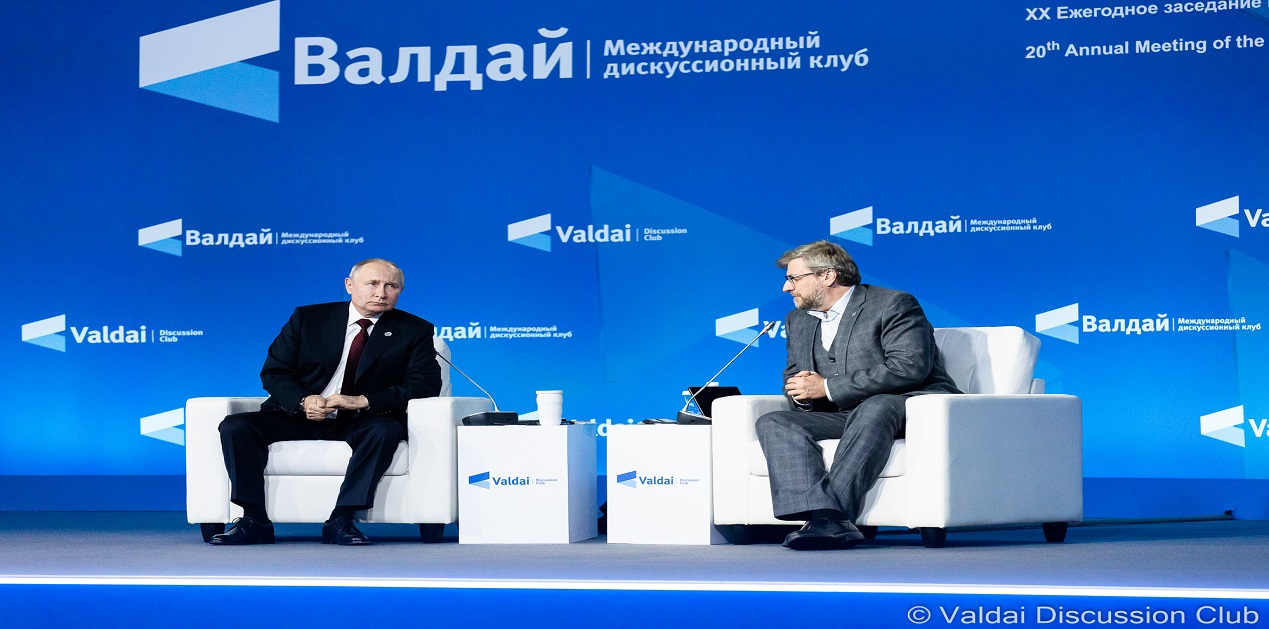
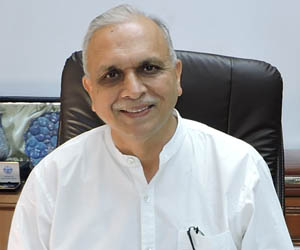


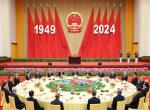

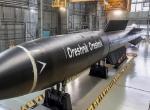
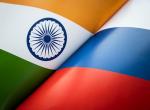
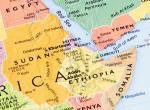
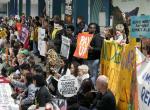
Post new comment